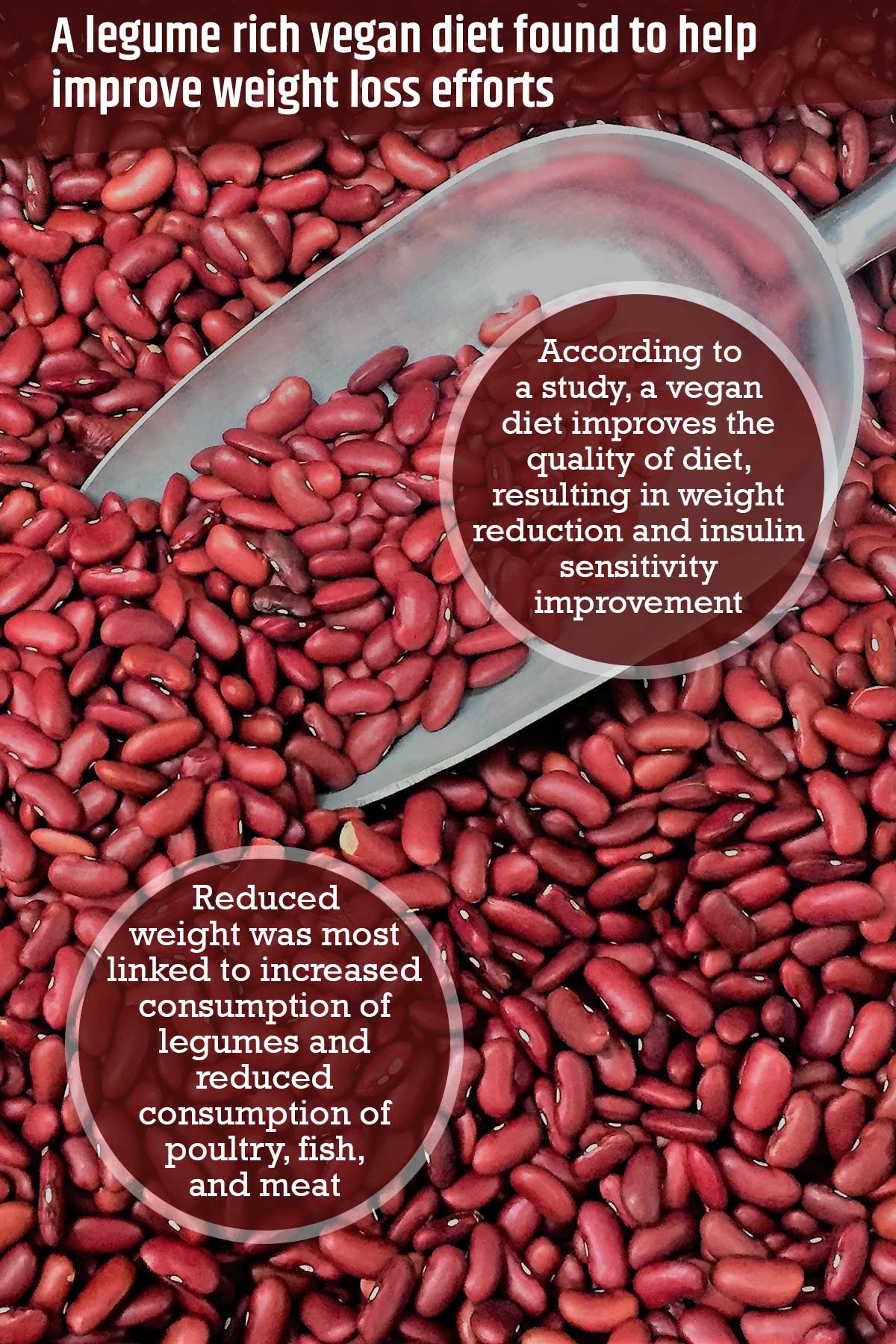According to a study, a vegan diet improves the quality of diet, resulting in weight reduction and insulin sensitivity improvement. Reduced weight was most linked to increased consumption of legumes and reduced consumption of poultry, fish, and meat.1✅ JOURNAL REFERENCE
DOI: 10.1016/j.jand.2022.04.008
The research demonstrates that the best way to improve health quality is to improve the quality of the foods eaten. This entails the avoidance of animal products and consuming a vegan diet rich in beans, grains, vegetables, and fruits.
For the 16-week study, 244 overweight individuals were randomly allocated to either make no changes to their diet or to consume an unrestricted calorie low-fat vegan diet consisting of fruits, legumes, grains, and vegetables.
Quality of diet, insulin sensitivity, fat mass, and body weight were tracked. The data taken from the final analysis included 219 individuals who finished the entire study and handed in their final diet reports.
Individuals who consumed the vegan diet lost 13 lbs and 9.1 lbs of fat mass on average. The individuals in the group that didn’t make any diet changes experienced no reductions in fat mass and body weight.
In the vegan group, increases in whole grain, meat alternative, legume, and fruit intake and reductions in animal products, animal fats, and added oils were linked to weight loss:
- Fruit: Increased consumption of whole fruit was linked to a reduction in body weight.
- Meat Alternatives and Legumes: Increased legume intake was linked to reduced fat mass, weight, and visceral adipose tissue. Eating more meat alternatives, such as veggie burgers, tempeh, and tofu was linked to a reduction in body weight.
- Grains: Increased intake of whole grains was linked to reduced body fat mass and weight.
- Eggs and Dairy Products: Reduced egg consumption was linked to reduced weight. Reduced intake of high-fat dairy was linked to a reduction in fat mass and weight.
- Poultry, Fish, and Meat: Reductions in the combined consumption of total poultry, fish, and meat were linked to a reduction in fat mass and weight loss.
- Added Fats: Reductions in consumption of added animal fats were linked to reductions in fat mass and weight. Reduced consumption of added oils was also linked to reductions in fat mass and weight.
The individuals in the vegan group also experienced insulin sensitivity improvements.
The diet quality of the vegan group, determined by the Alternative Healthy Eating Index (AHEI) score, also increased by an average of 6 points as opposed to no significant change in the no diet change group. The AHEI was developed to determine dietary patterns linked to lower chronic disease risk.
The index consists of foods to eat more often, such as vegetables and fruit, and foods to eat less often, such as processed and red meat. The higher the AHEI score, the lower the chronic disease risk.



